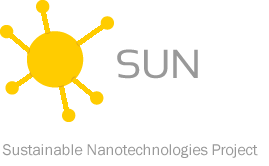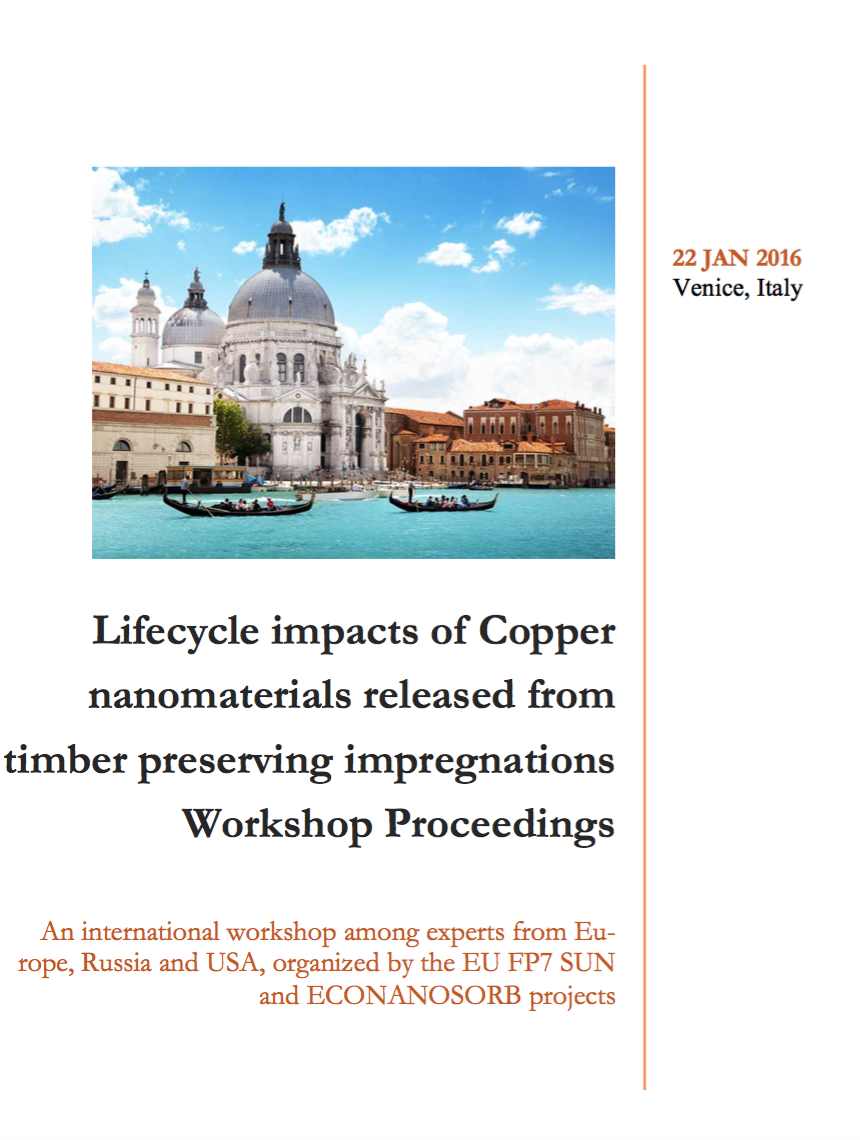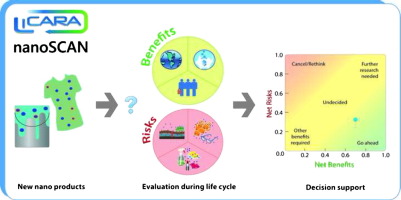SUN fosters international dialogue among top researchers, professionals and young scientists in the field of Nanotechnologies
The EU FP7 SUN Sustainable Nanotechnologies Project has successfully hosted a week of high ranking, international nanotechnology events in Venice in the period 22 – 29 January 2016.
The week started with the international Workshop among experts from Europe, Russia, UK and USA titled “Lifecycle impacts of Copper nanomaterials released from timber preserving impregnations”. Organized by the EU FP7 SUN and ECONANOSORB projects, the Workshop brought together leading researchers to discuss the project results on the topics of release, fate, exposure, effects, lifecycle impacts and health risks of the Cu nanomaterials, covering both experimental and modeling approaches. 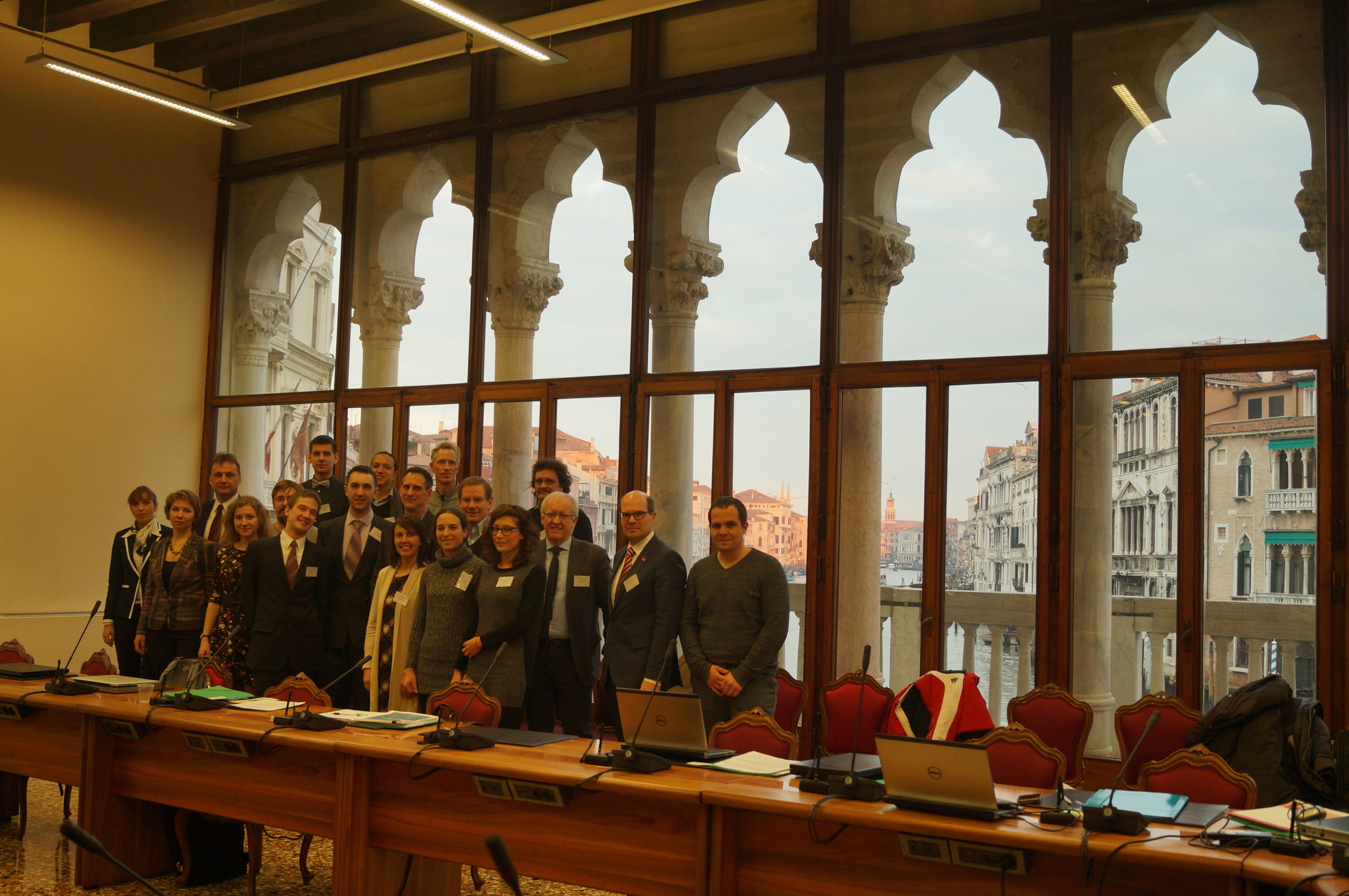
“In contrast to the significant benefits from using Cu nanomaterials in timber preserving impregnations, there are considerable societal concerns regarding their environmental impacts and human health risks. This workshop has successfully brought together results from the projects investigating the environmental impacts and health risks of Cu nanomaterials used in timber preserving impregnations”, says Dr. Danail Hristozov, Principal Investigator of the SUN project.
The week continued with the 2nd Sustainable nanotechnology school: a practical approach for understanding the environmental, health and safety implications of manufactured nanomaterials to foster their sustainable applications. The School was designed to revisit and complement the knowledge transferred during its previous edition with a strong focus on laboratory and modelling exercises. Attendees from 18 countries (3 continents) were exposed to top experts working in the fields of environmental, health and safety (EHS) risks and industrial applications of nanomaterials. Organized by the major European EU FP7 SUN project, ECNONOSORB and the MODENA Cost Action, the School proofed to be a very successful collaboration among these initiatives but has also made an important contribution to the training of the new generation of creative and innovative young researchers.
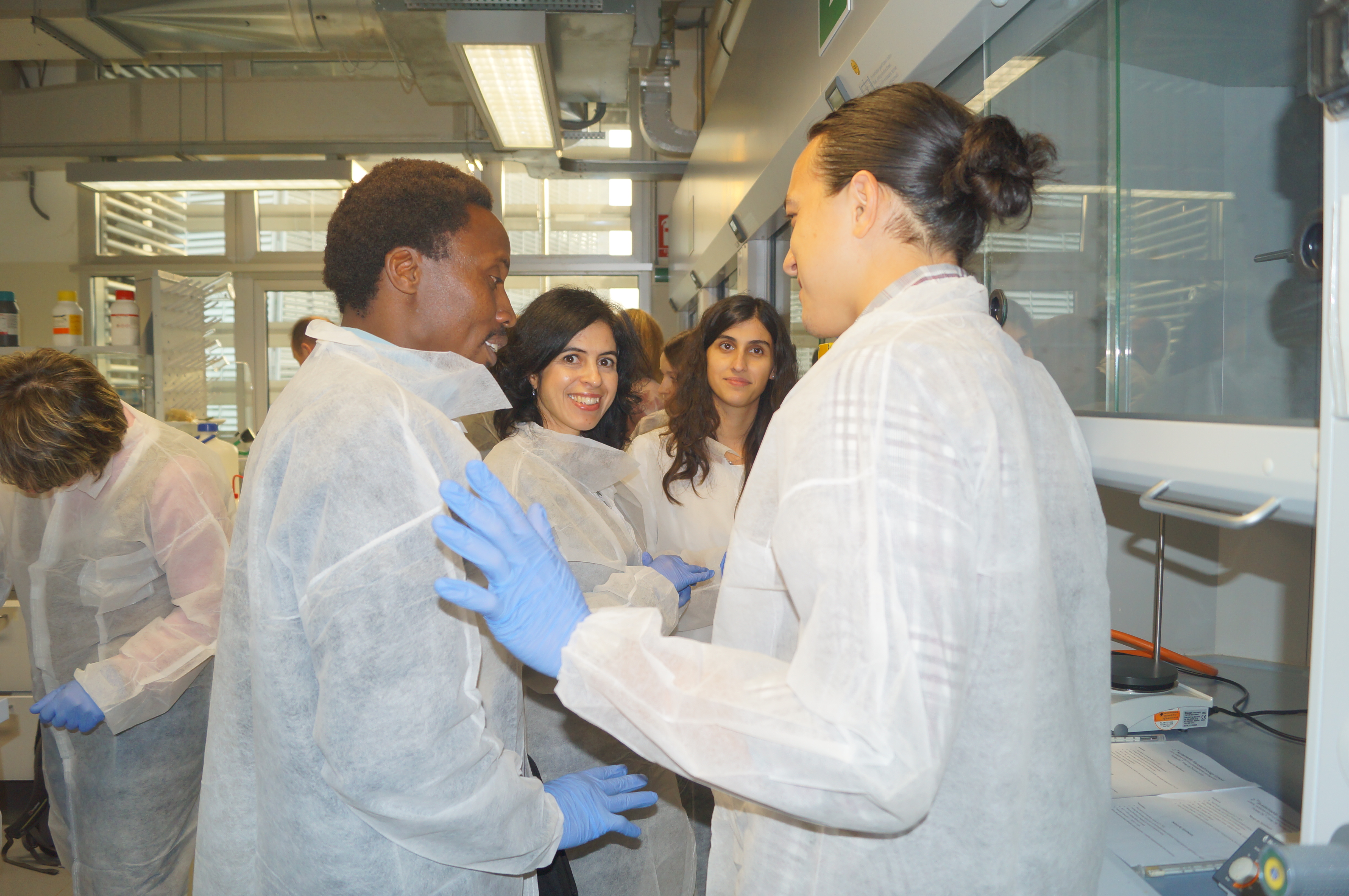 One of the delegates, Neil Hunt from The REACH Centre, UK says: “The School has been a unique opportunity for me as an industry representative, bringing together regulators, industry and academia and to learn about the latest available experimental and modelling approaches for sustainability of nanotechnology and risk governance.”
One of the delegates, Neil Hunt from The REACH Centre, UK says: “The School has been a unique opportunity for me as an industry representative, bringing together regulators, industry and academia and to learn about the latest available experimental and modelling approaches for sustainability of nanotechnology and risk governance.”
The busy week concluded with the Roundtable “From nano risk management to risk governance: methods and tools” held on 28 March 2016 at the stately sites of University Ca’ Foscari Venice. Co-organized and supported by the SUN project, Society for Risk Analysis and EU NanoSafety Cluster, the meeting provided a forum for cross-fertilization of current initiatives designed to foster progression of risk assessment and management towards risk governance through integration of traditional risk management tools with risk governance approaches. The participants reviewed the progress of current activities of multiple efforts in the USA and EU and identified areas for future collaboration.
To find out more about the SUN project, go to www.sun-fp7.eu.
About SUN
SUN – Sustainable Nanotechnologies Project – an EU FP7 project, aiming to develop strategies for safe production, handling and disposal covering the complete lifecycle of nano-enabled products and to include the results into practical guidelines for industries.
